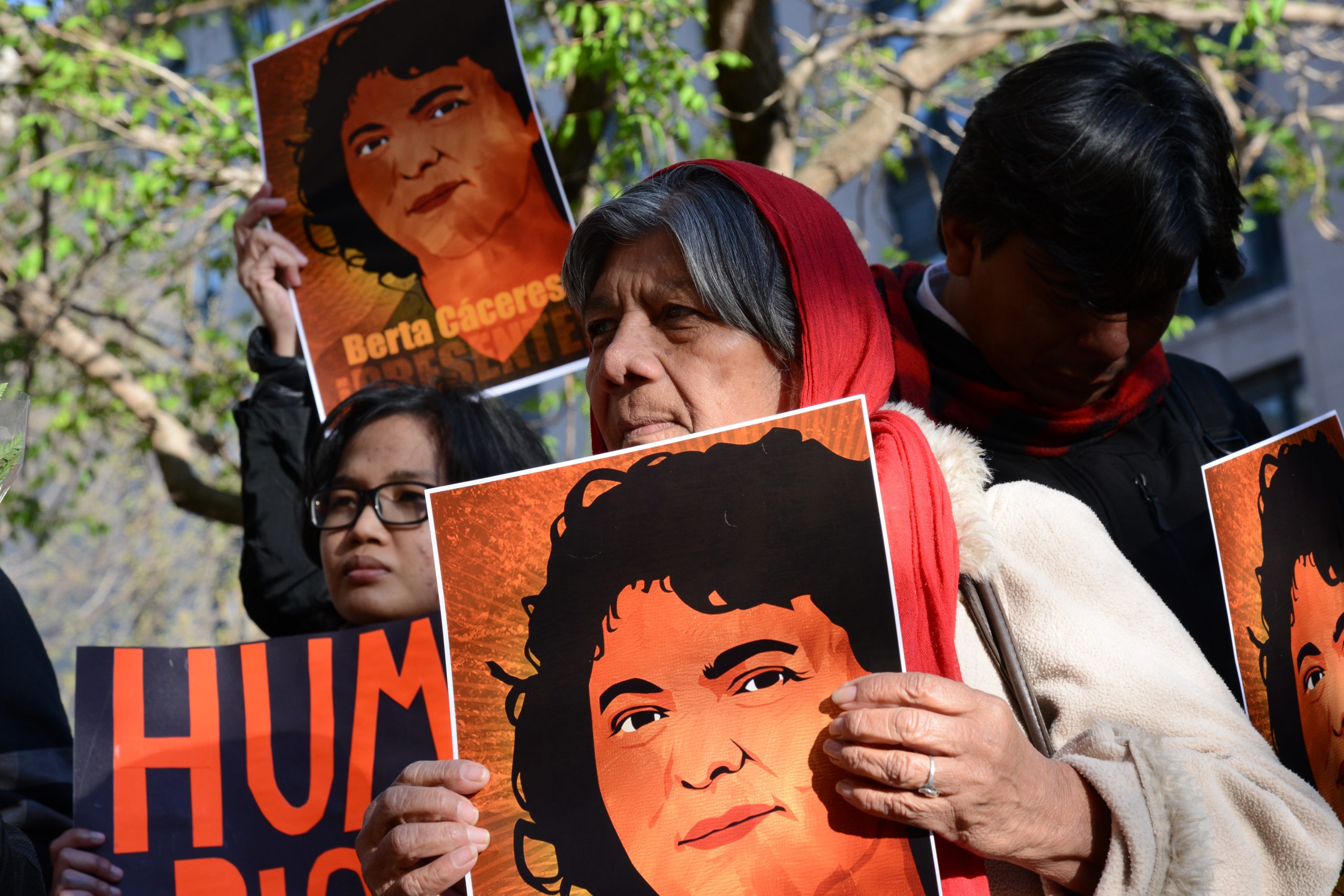In addition to being tied up in issues of cultural and social identity, land that your people have lived on for generations can provide more than a home – for many, it provides food and a livelihood. For these reasons, land rights are a cross-cutting issue with both cultural and economic importance.
Yet each year hundreds of thousands of people are driven off their lands to make way for projects such as mines, plantations and other commercial uses.
The intersection between land rights and human rights can be particularly relevant to indigenous peoples and nomadic communities that might use certain lands on a seasonal basis.
Land can also be the focus in conflict and post-conflict situations. For example, how housing, land and property rights are managed for returning refugees or internally displaced people can play a key role in rebuilding peace after a war.
Indigenous land rights
The land rights of Indigenous peoples are recognised under international human rights law. Governments are not allowed to relocate Indigenous Peoples without their free, prior and informed consent and without providing adequate compensation.
However, discriminatory policies and practices along with armed conflict and corporate development around the world result in many Indigenous Peoples being uprooted from their land. When this happens, some are cut off from their resources, supports and traditions vital to their wellbeing and can face even greater marginalisation, discrimination and poverty in cities.
Various countries have strong land rights movements that resist this trend and have successfully reclaimed legal access or ownership to land. But in many countries, Indigenous land rights activists continue to face violence when they defend their land rights and community’s interests.
Land rights, the environment and corporations
The vast majority of the world’s biodiversity and most of our natural resources like timber, minerals and oil, are found on the lands of Indigenous Peoples. This has meant that the land rights of Indigenous Peoples have been routinely plundered and polluted by governments and private companies.
Corporate activities present a significant threat to both the environment and land rights. Measures need to be put in place so companies are required to carry out their operations more responsibly.
In many instances, when Indigenous land rights are properly upheld, respected and protected, environmental management is improved.
ISHR and land rights
Continue reading about ISHR’s work on this topic here.

